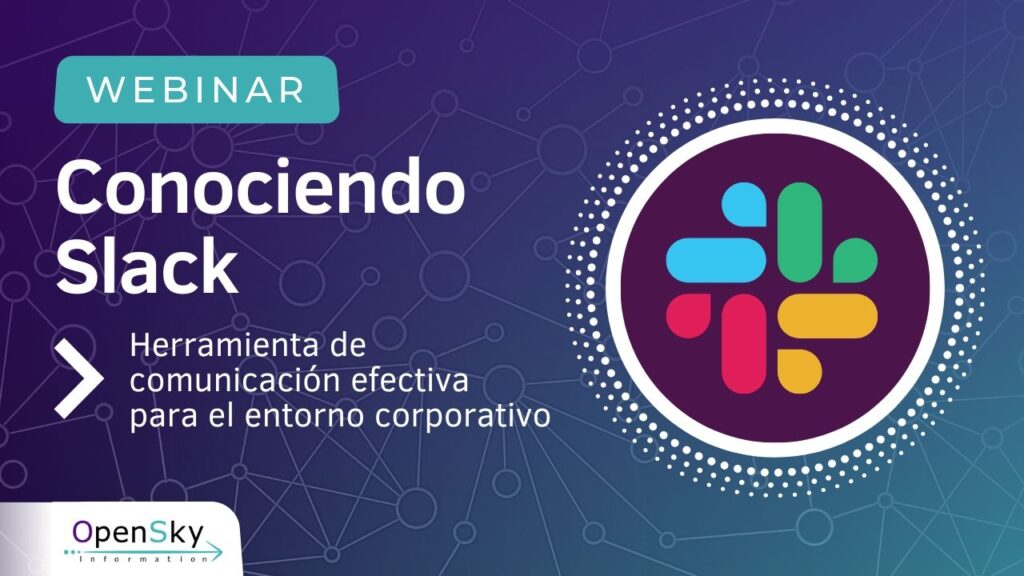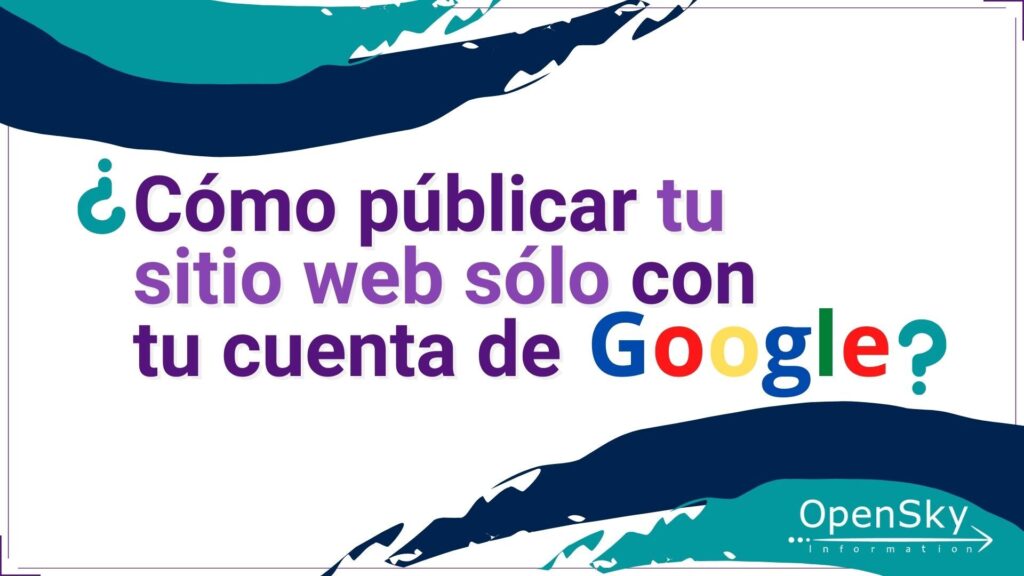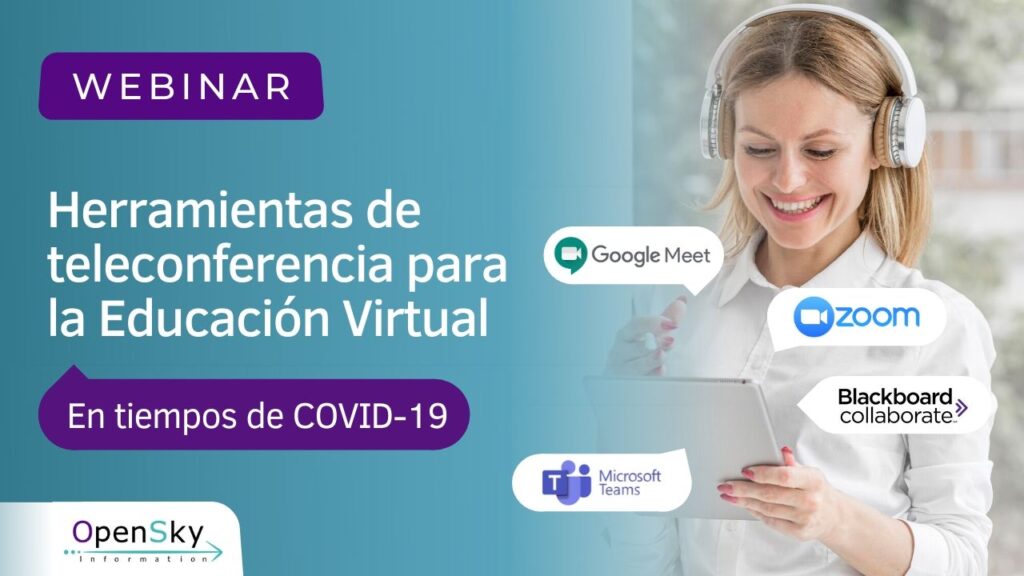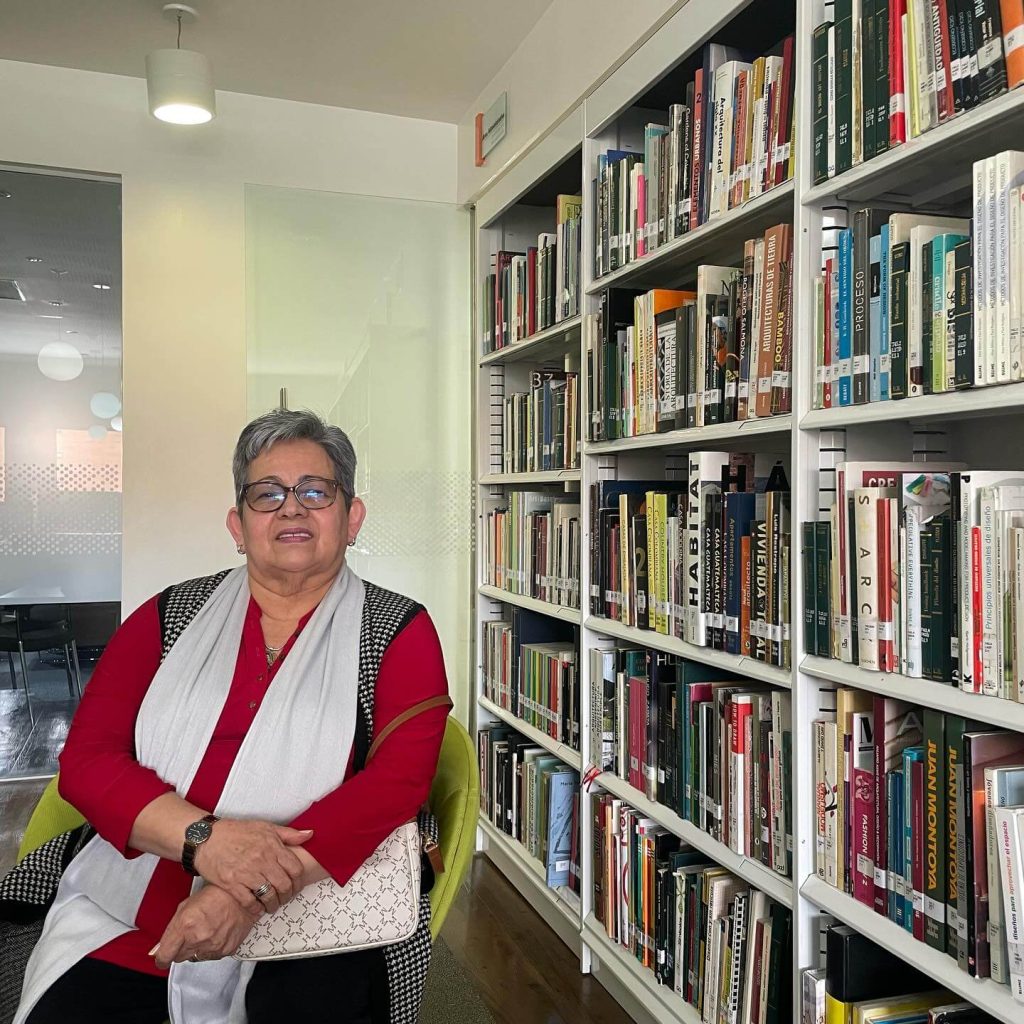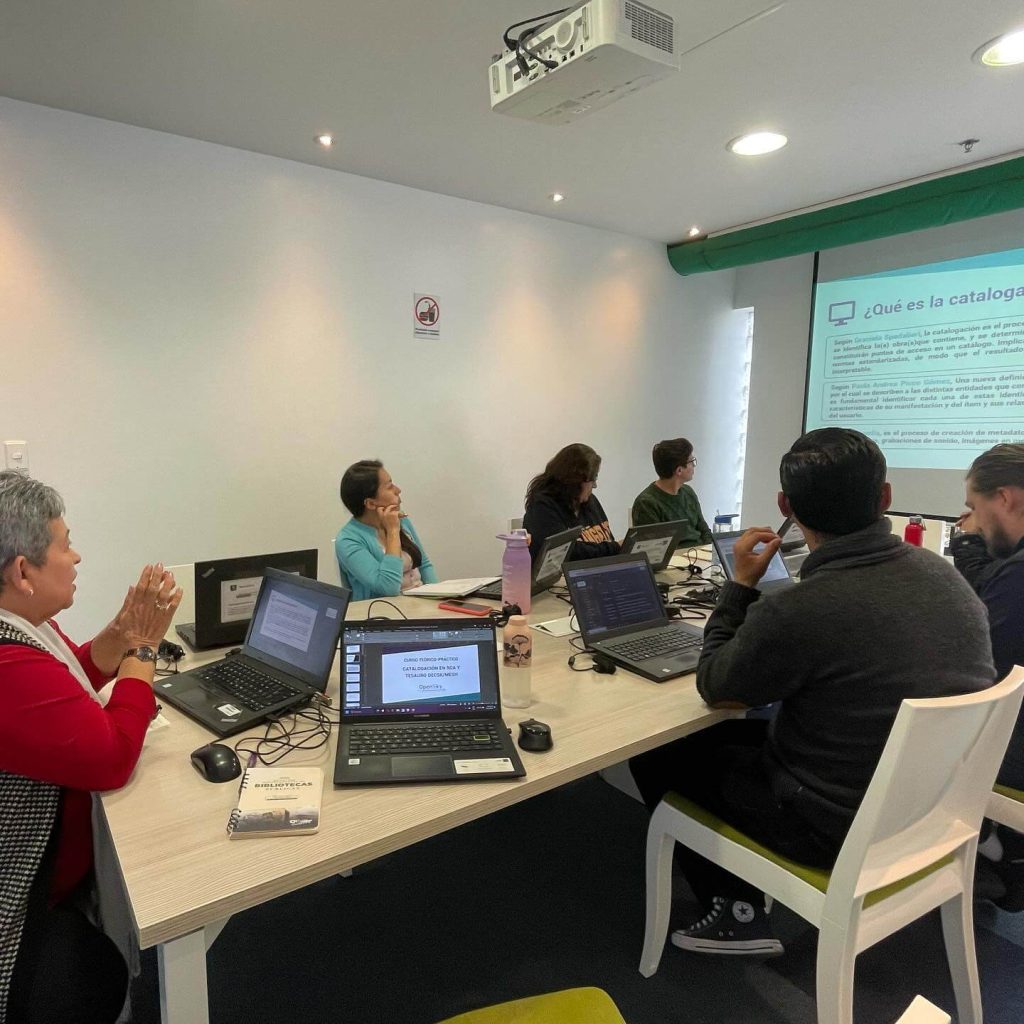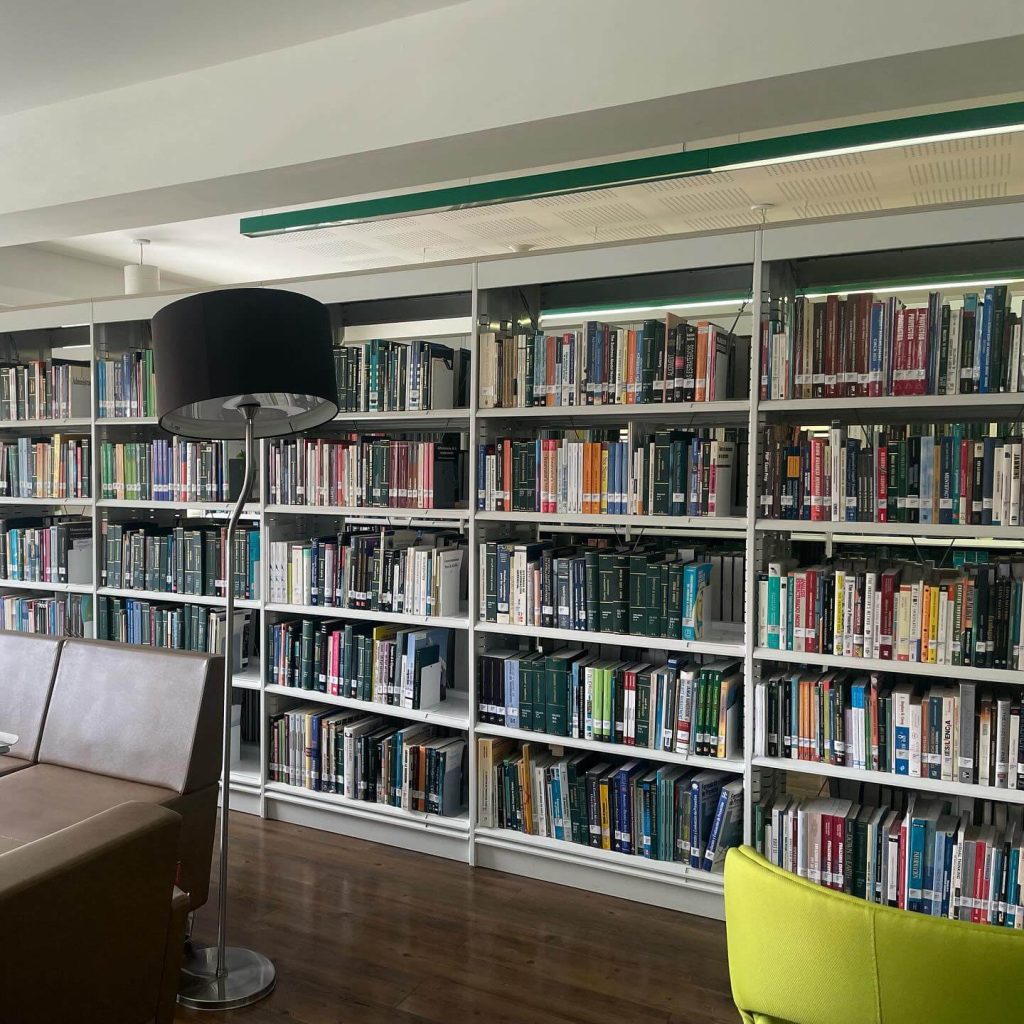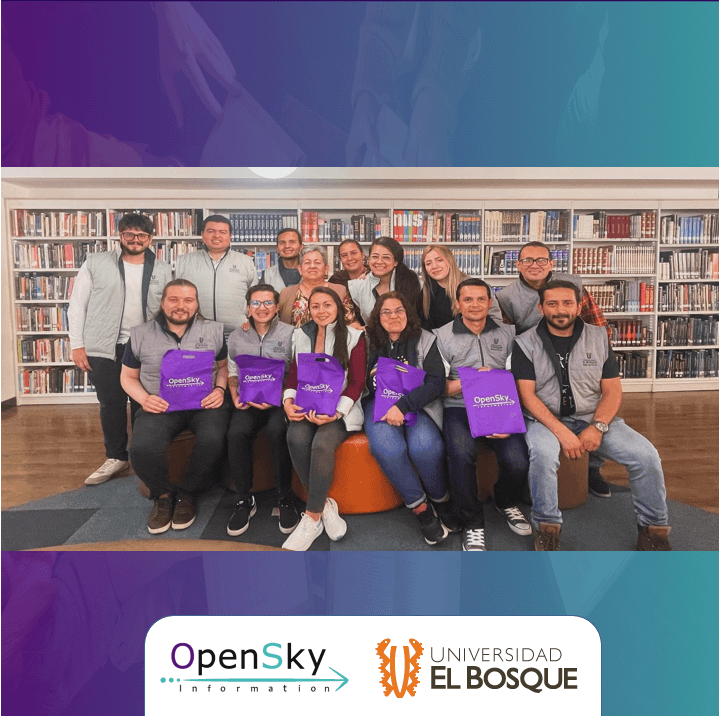Webinar: “Best practices for an effective virtual session: academic and work context”.
5 de June de 2020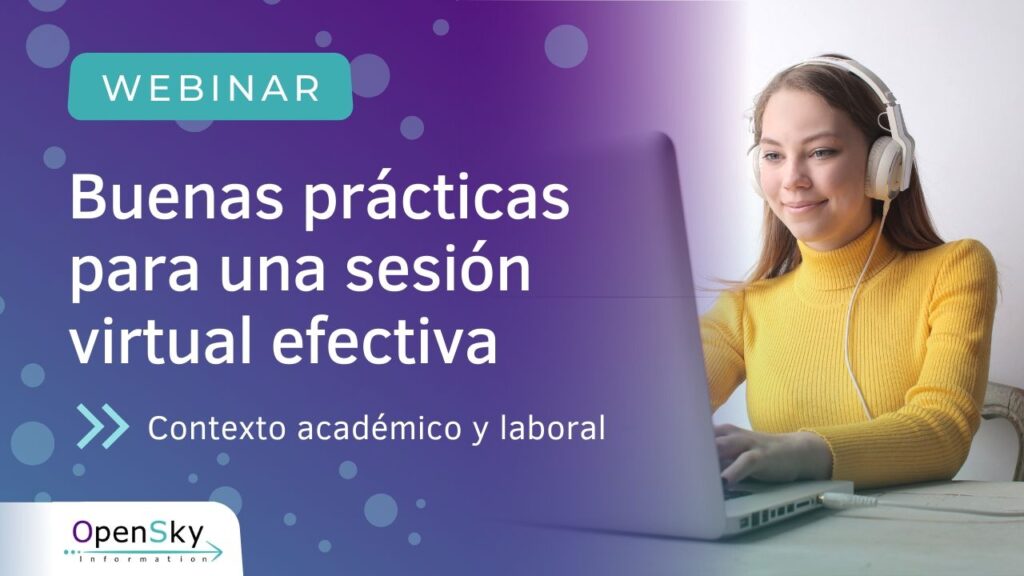
In this webinar we were joined by Linamaría Pinzón Valencia, COO & Co-Founder of OpenSky Information, Librarian by profession, Master in Education and PhD candidate in Documentation: libraries and archives in digital environments. With her experience as a university teacher, we were able to learn how to conduct a virtual session effectively in work and academic contexts. While it is true that it is a challenge to face this new reality and even more so if you have experience in virtuality, we know that educational institutions and companies have had to face during this 2020 several complications and many challenges brought about by the pandemic caused by COVID 19.
In our first webinar we talked about the different tools that provide functions suitable for any type of activity, however, sometimes we are not aware that it is important to have a clear structure that facilitates each of the virtual sessions we conduct; that is why we must be clear about the main objective of a virtual session, and is that apart from facilitating communication simultaneously with several participants can deepen some topic of interest taking into account the context.
The advantages that Virtual Education brings us, is that we must make the most of the technologies, for that reason, we will show some key tips that should be taken into account when we talk about effective virtual sessions. As a first tip, it is important to implement didactic materials that support the content in a certain way; generating interest for the participant and knowledge in the subject.
On the other hand, the Information and Communication Technologies (TIC’S) will be of great help to provide an adequate content infrastructure, but despite the great contribution, we cannot ensure that the session will be totally effective if we do not take into account that the topic is timely and designed for the interested audience. In addition, we must keep in mind that our audience is diverse and that we must have different teaching methodologies because we do not all internalize knowledge in the same way.
We have already highlighted important aspects of a session, now let’s look at the structure or planning of the content, which will be the main and most important tool of the session. A rehearsal prior to the session is of great help, because it allows us to see the errors that may occur and at the same time helps us to observe how much mastery we have over the topic
To complement the above, the bibliographic resources are essential to segment or prioritize the information as you wish; keep in mind to use different resources that help generate attractive content that attract the attention of attendees is essential, among them we can find: videos, articles, illustrations, books, etc..
On the other hand, the evaluation method will be of great help as a strategy in educational environments that will give an answer if the information provided is having a positive result in the public. In work environments, evaluation strategies should be qualitative, but in both processes we must be clear that technology is our ally and gives us the possibility of accessing different tools that facilitate the teaching process.
In conclusion, for your virtual sessions to be effective you must focus your attention on the information you are going to provide, this must be appropriate and striking, taking advantage of the support material you will use because it plays a key role for attendees to find the information attractive and internalize it. You must also handle the topic very well, having mastery in it will allow you to have credibility in your audience and perhaps, have more opportunities to make talks or meetings, finally, remember that your presentations must have a common thread, that is, a story, have a beginning, middle and end, that there is a coherence and a logical order.
If you want to know more information, visit our YouTube channel and relive the entire webinar, do not miss it.
“The most important principle for developing a virtual session is not to see the design of a virtual session as information design but as experience design.”
Cathy Moore
If you want to learn more about the content, we invite you to relive our webinar!
Tags




